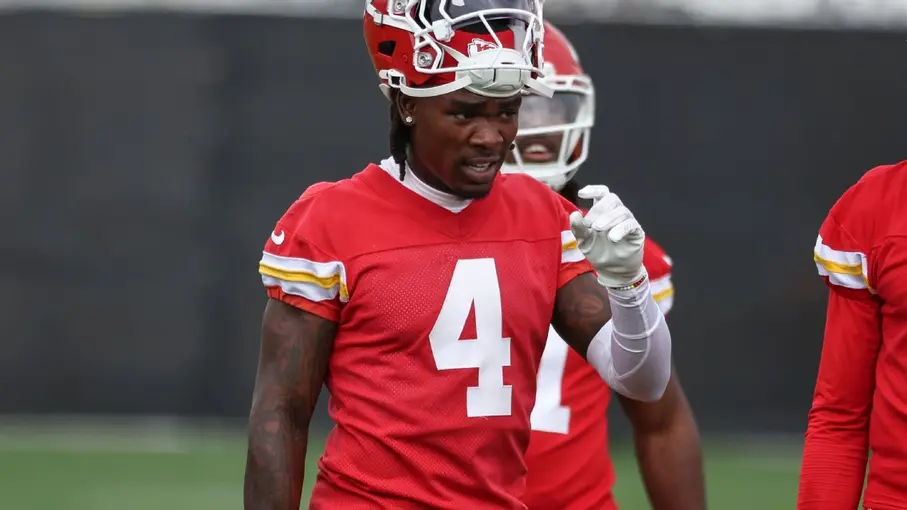T4K3.news
Judkins faces NFL review after charges dropped
Prosecutors drop domestic violence charges against Quinshon Judkins; the NFL could still discipline him under its Personal Conduct Policy.
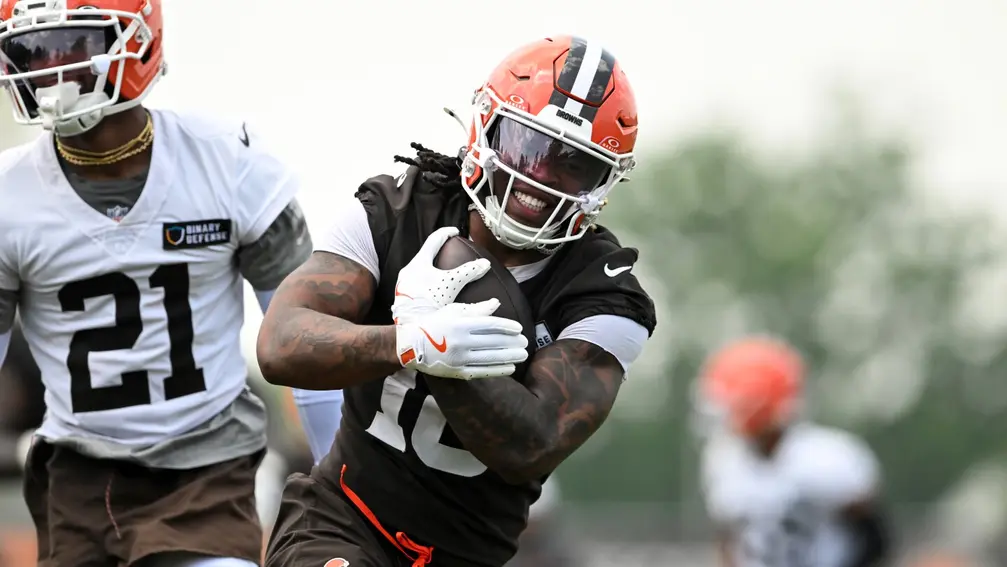
Prosecutors decline to file criminal charges, but the NFL may still discipline Quinshon Judkins under its Personal Conduct Policy.
Judkins faces NFL review after charges dropped
Prosecutors chose not to pursue formal domestic violence charges against Browns running back Quinshon Judkins, ending the criminal case. For the NFL, this clears one hurdle but starts its own process under the Personal Conduct Policy. The league could suspend if it finds a policy violation, even without a criminal conviction, as past cases have shown. Eight years ago, Ezekiel Elliott received a suspension despite no arrest because the league believed the accuser’s accounts after interviews.
The biggest hurdle now is cooperation from the alleged victim. The NFL has no subpoena power and cannot force testimony. If the accuser talks, the league could reach a credible finding and act; if she does not, the process can stall. Once Judkins signs his rookie contract, the league could place him on paid leave while its internal review runs its course. The prosecutor’s decision does not bind the NFL, and the league will weigh credibility, context, and the want or willingness of witnesses as it moves forward.
Key Takeaways
"Cooperation becomes the linchpin of the NFL process"
Editorial note on the core factor that will shape the league's decision
"Prosecutors dropping charges does not bind the NFL"
Shows the separate standards governing criminal and league actions
"If the accuser talks, the league could still act; if not, the process stalls"
Explains the practical hinge of the proceedings
"Past cases show the NFL’s path can hinge on interviews and cooperation more than arrests"
References precedent to illustrate potential outcomes
This case highlights a broader tension in the NFL’s accountability system. The league relies on testimony and public perception more than legal standards of proof, which creates room for different outcomes based on who cooperates. Critics worry that the process can seem opaque or biased when it depends on voluntary interviews rather than formal investigations. Yet the framework is designed to balance due process with the league’s need to protect its brand and players on the field.
For Judkins and the Browns, the scenario tests how the league handles rising talent amid controversy. If the accuser speaks, the NFL faces a potentially consequential decision about punishment and reputational risk for the team. If she remains silent, the NFL risks appearing to defer to incomplete information. In either path, the next weeks will reveal how much the league values fairness, transparency, and consistency in a high-stakes environment.
Highlights
- Cooperation is the deciding edge in the league's process
- A dropped case does not end the NFL inquiry
- The NFL relies on testimony, not subpoenas
- One interview can tilt the balance for Judkins
NFL process faces sensitivity and public reaction
The case sits at the intersection of criminal law, league policy, and public perception. The lack of a subpoena and reliance on witness cooperation raises concerns about fairness and consistency, potentially triggering public scrutiny and backlash.
The coming weeks will test how the league balances accountability with fairness.
Enjoyed this? Let your friends know!
Related News
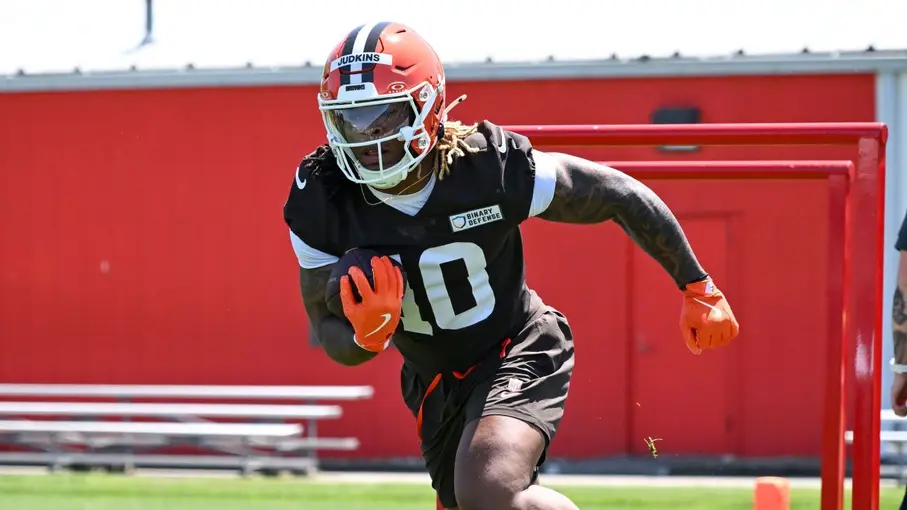
Judkins not charged in Florida case
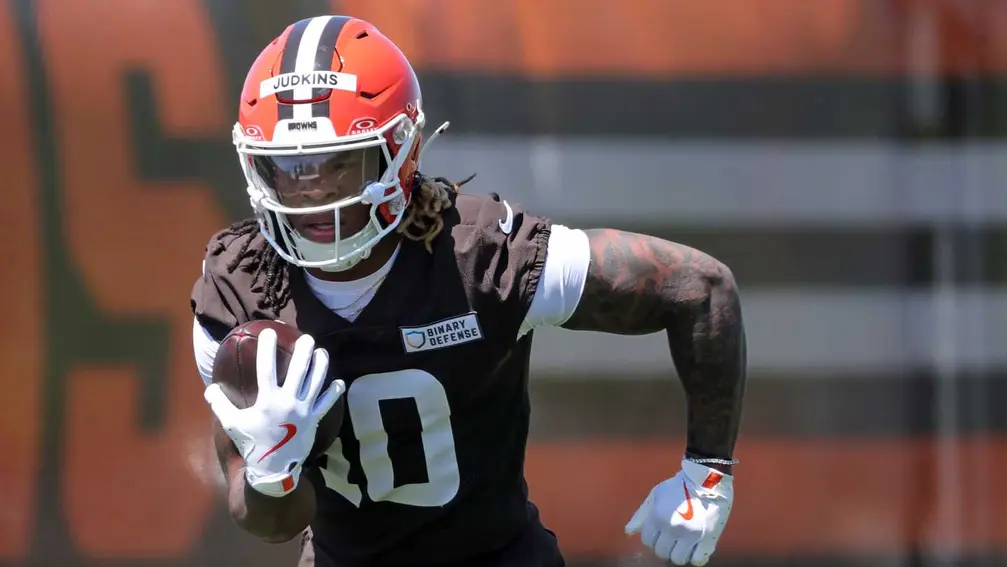
Judkins cleared to proceed with Browns
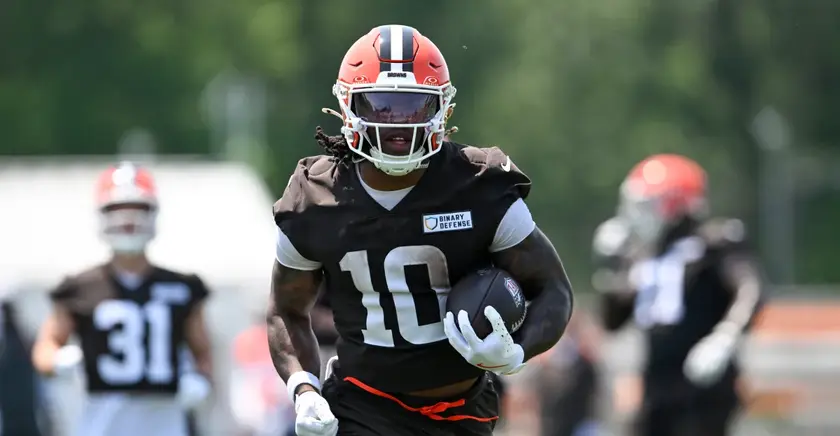
Judkins legal update shapes Browns season
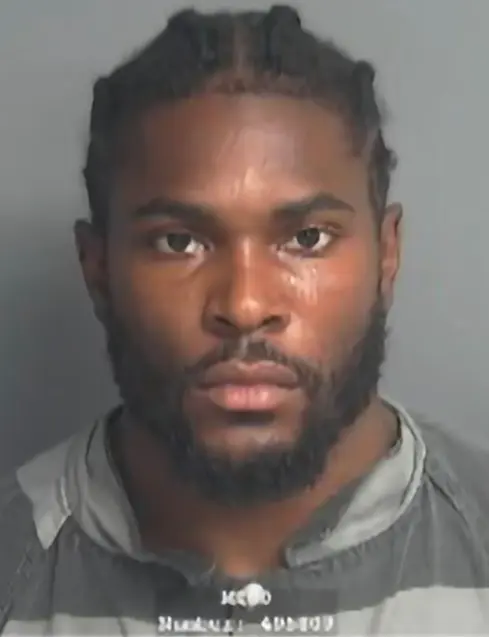
Jimmie Ward arrested for alcohol violation
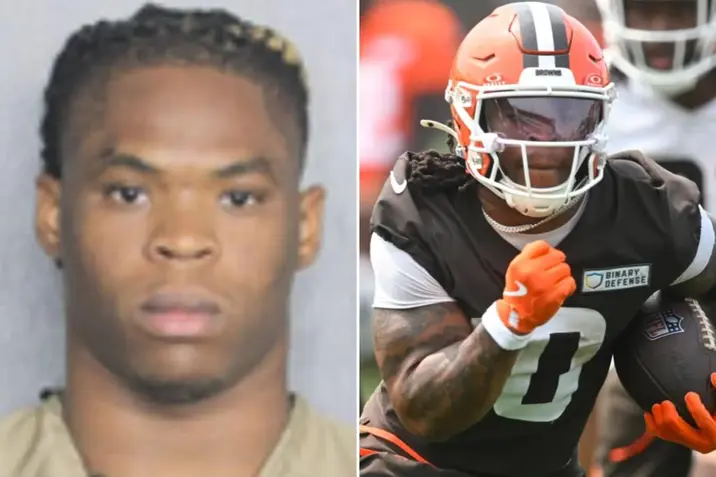
New 911 call reveals troubling details about Quinshon Judkins

Teacher charged with double homicide resigns after four days
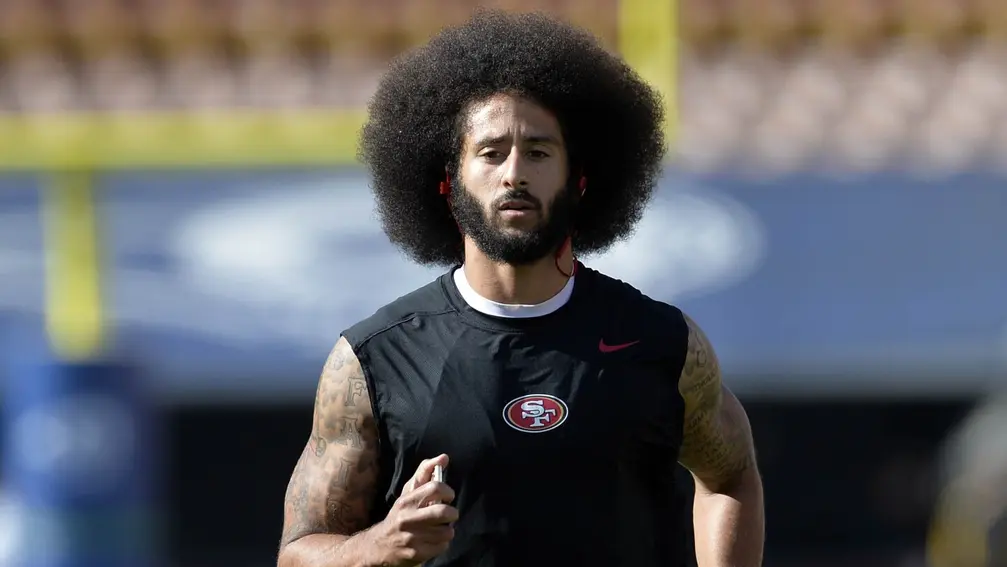
Kaepernick docuseries scrapped by ESPN

Oakley Meta HSTN review underscores edge in wearables
